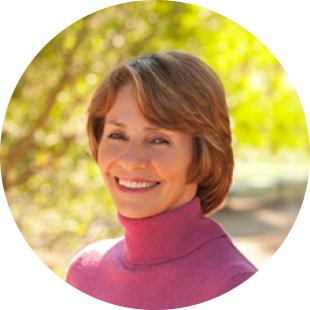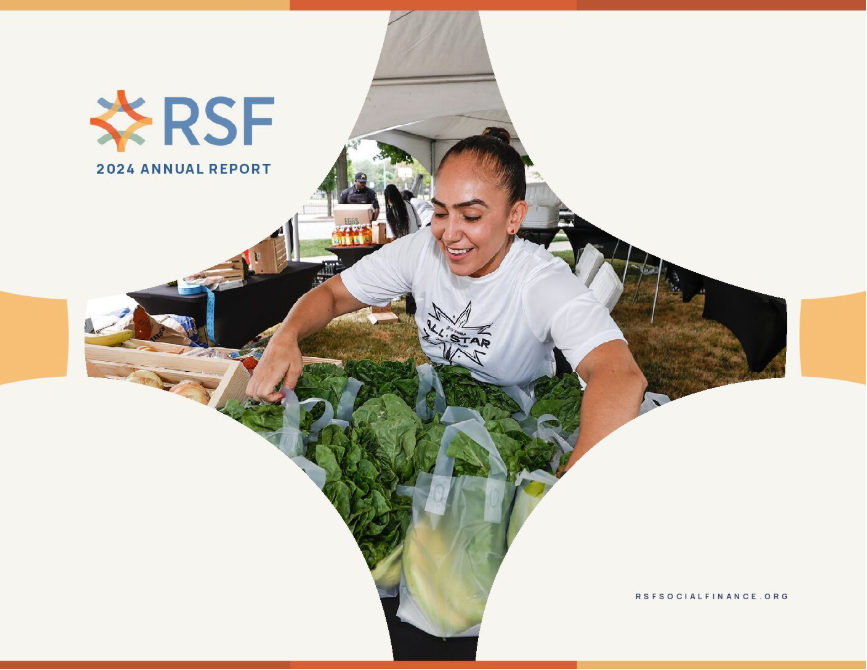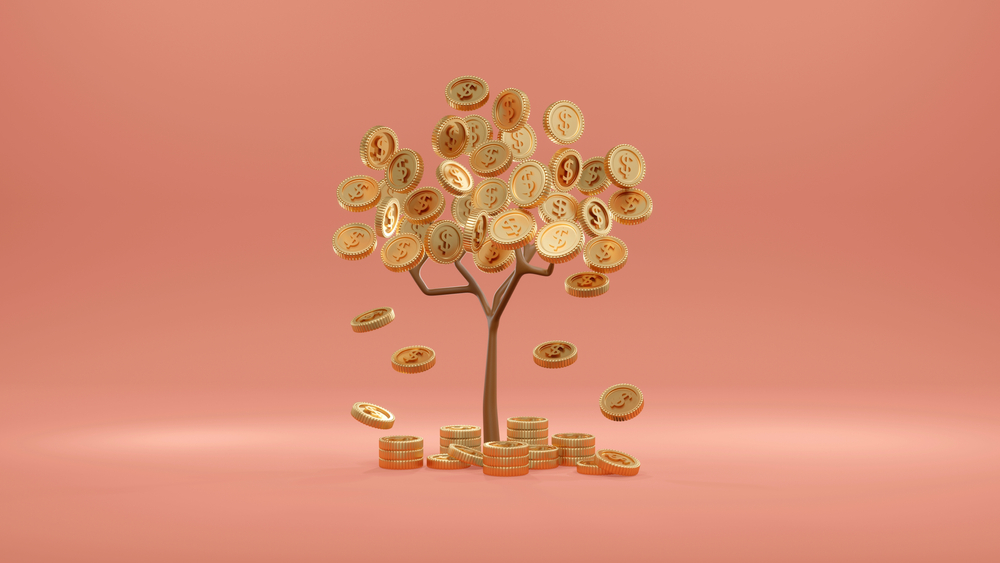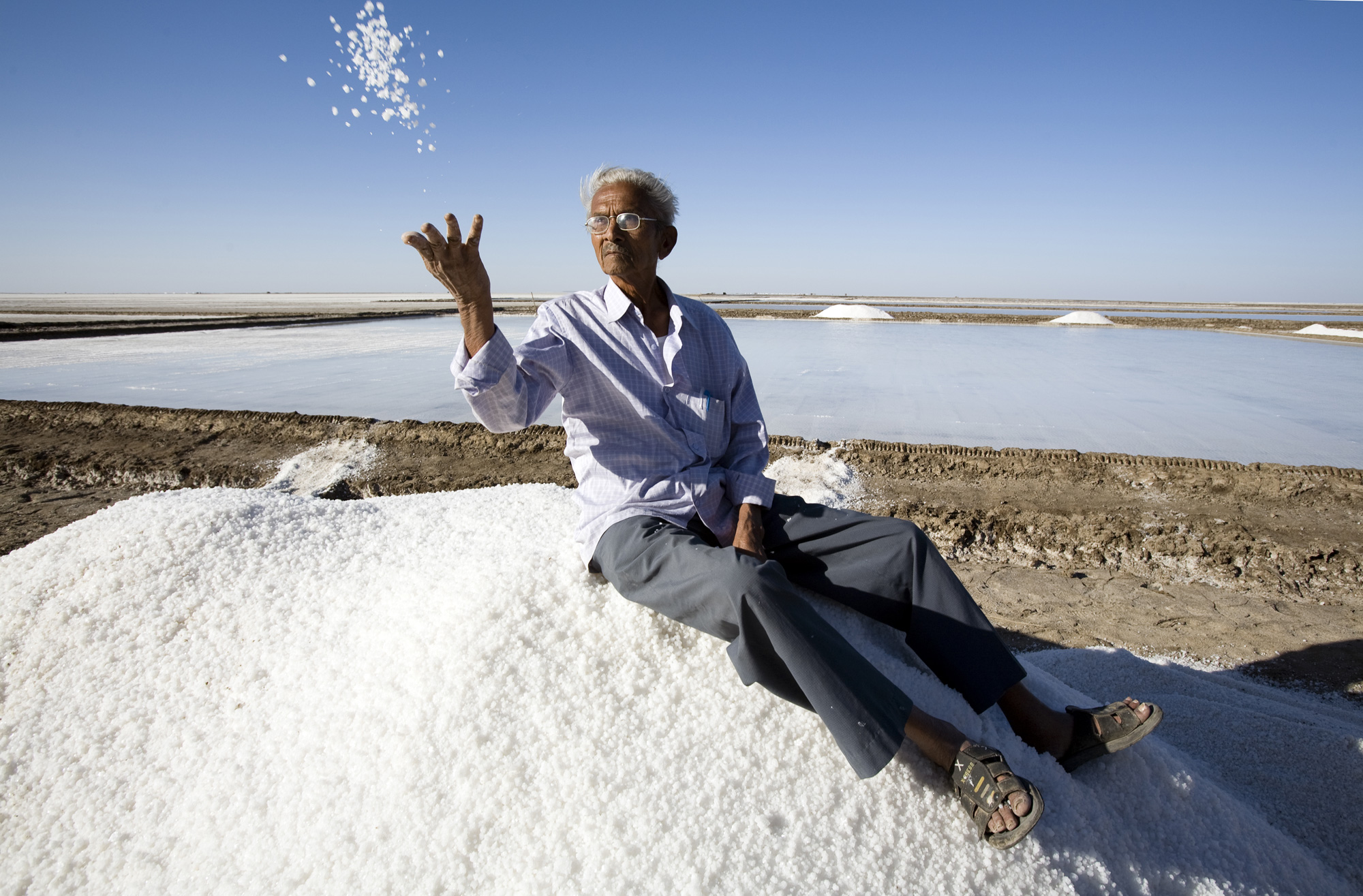Lynne Twist reflects with Deb Nelson on the many opportunities for women in social finance and enterprise. This March, she re-debuted her book, The Soul of Money, to be featured April 23rd on Oprah’s SuperSoul Sunday.
Deb: Today, women control more personal wealth in this country than men, and yet only 16 percent of senior executives at financial service companies are female. What do you make of this?
Lynne: It just says so profoundly that the patriarchal system, although dislodged in many areas and fading away in some places in our culture, is not at all expelled from the arena of money. Even women who’ve made it all the way to the top of a company and have millions of dollars of their own still carry a burden that is different than men. It’s a place to open our eyes and hearts and work toward gender equality. You would think that having the money would change the game, but it doesn’t. The mindset, the cultural clearing is more powerful and trumps everything.
Religion is a little culpable for this. All the rules, all the images, all the parables, all the stories have men as the provider. There’s no real root system for women to be the provider in religious tradition. One of the things I admire about Islam is that Muhammad married an entrepreneur, Khadijah. His wife was a wealthy woman. She was a trader. She was an absolute feminist. And even that has gotten eclipsed.
One of the things that I love about the RSF community is that most of our investors and donors are women. We feel the difference in our clients who focus on creating an economy that’s based on generosity and interconnectedness as opposed to scarcity, fragmentation, and disconnection.
Women are more likely to want a culture that’s focused on what we allocate, what we give, what we share, rather than what we accumulate. That’s the nature of the feminine. The feminine lives in men, too, so we have a real opportunity to have the yin-yang balance go even more towards the yin side of that equation.
In your book The Soul of Money, you wrote a line that struck me: “We’ve perpetuated age-old traditions that assign men and women different and unequal access to money and the power we place in it, subjugating women and distorting men’s expectations and obligations with their privileged access to it.” What are your thoughts about that passage today?
It’s interesting hearing that sentence. I now tell a prophecy from native people that I didn’t know at the time. It’s a powerful North American prophecy about the Bird of Humanity having two wings, a feminine wing and a masculine wing. For hundreds of years, the Bird of Humanity has been flying primarily with one wing, the masculine wing, causing it to become overly muscular, overdeveloped. In fact, the wing has become violent in order to keep afloat, causing the Bird of Humanity to fly in circles. The 21st century is when the female wing of the Bird of Humanity will fully extend and allow the male wing to relax, and instead of flying in circles, the Bird of Humanity will finally begin to soar.
“I feel that women should play a more active role in absolutely everything: Congress, schools, the board of education, religion, the economy, and every possible part of our culture.”
I love that prophecy because it doesn’t make men wrong. It doesn’t make women right. It doesn’t denigrate the male energy and uplift the female energy. It just says that you need both to be balanced.
When you think about the messages in your book, what is one that resonates with you now, at this moment in history?
One of the central messages in my book that’s really important now is to take a stand. We’re living at a time when so much of what I’ve stood for all my life, along with billions of others around the world, is being tested, pushed back, actually threatened. One response, of course, is to be horrified and angry. I felt that. But I also know that you can’t do that forever, and ultimately, it’s not useful.
Now we have an opportunity to renew or revitalize what we stand for. Taking a stand with your life, with your money, with your energy, with your heart, with who you are has never been more important. I stand for sufficiency, and I stand for the opportunity of every human to live a healthy and productive life.
Oprah Winfrey invited you to talk with four girls who attended her leadership academy in South Africa and are now graduating from college. What did you share or learn during that conversation?
Oprah invited me to her house to meet—whom she calls—her African daughters. I was supposed to enlighten them about money. They are brilliant young women from circumstances so harsh that most of us wouldn’t even make it if we were in the same situations. And so I thought, do I have anything to tell them about anything? These courageous young women have been through all kinds of hell and have now landed in heaven. They would soon return to their families who would probably say to them, what are you bringing us? Not just ideas, but how much money? How can you help us with food and homes and all the things we need?
I said to them, “I wasn’t raised in poverty. I was raised in privilege, and it’s something that I’ve learned is such a blindness. I’ve come out of that as much as I possibly can, and I work with people all over the world in some of the most resource-poor places on Earth. I don’t know if I can give you sound advice about how to go back and be with your families. But I know who can, and it’s Oprah.”
Oprah told her story to the girls. She was born in absolute poverty. Her mother was 14, an unwed teenager with no support. When Oprah was 13, she got pregnant herself, and her mother threw her out. So Oprah had to go it on her own. At 14, she had the baby, but he died in the hospital soon after. Even then her mother wouldn’t take her back. She had a childhood so desperate, so tragic, that it was hard to believe she became the person she became.
Then Oprah talked about her first and second job and when she finally started making some serious money. Even though her mother had not been kind to her, she decided she would give as much back to her as she could. At a certain point, when Oprah was in the multi-million dollar space, she gave a stunning financial gift to her family, along with access to trust officers and lawyers. Still, many didn’t do a good job with the money.
That was the moment where she ended giving back to her family. She said, “I’ve earned this, and I’m going to use it to make the world a better place.” It was from that day forward that her philanthropy really took off. The girls were in tears at the end. I just sat there, at the feet of one of the great money mistresses on this planet.
What an incredible story. Lynne, do you believe investors and donors who are women should play a more active role in supporting women-led social enterprises? And if so, how?
I do. I feel that women should play a more active role in absolutely everything: Congress, schools, the board of education, religion, the economy, and every possible part of our culture. And in social enterprises, because women are both enterprising and social.
It doesn’t happen when we play a leadership role in an old-school organization that’s based on hierarchy and rigidity. We sort of have to become men to succeed in that world. But in the world of social enterprise, we can be ourselves. We can be generous. We can be heartfelt. We can be open.
This leads me to RSF’s Women’s Capital Collaborative, which is our effort to support and empower women and women-led social enterprises. You’re a supporter. What inspires you to be a part of this initiative?
I love that RSF has started this. The Women’s Capital Collaborative is right in the bull’s-eye of what I care about and think is important for the world today.
Women are good at fundraising for what is often called “nonprofit.” I call it “social profit.” We need to be just as capable of receiving large sums of money for what we’re standing for in the social enterprise world as we are in the social profit world, this is the reason why I encourage women to fully participate on church fundraisers. We need to let go of any feelings of guilt or embarrassment or thinking that somehow we don’t deserve deep pools of capital to do the business we want to do on this planet.
The Collaborative allows philanthropists to really put their money in a place where they know it’s going to empower and drive women-owned businesses, enterprises, and public benefit organizations. It says, “There’s money for you.”
I also love that it’s a collaborative. We’ve learned from working in the Amazon Rainforest all these years that Darwin’s studies have been misinterpreted. It’s not survival of the fittest. It’s survival of the collaborative. That’s how indigenous people have lasted through all the abuse and repression that they’ve experienced. Plus, women are naturally collaborative. It doesn’t mean we can’t compete. Sometimes we can, sometimes we should, and sometimes we will. But, our capacity to collaborate is really the way forward on this planet. So, I love the Women’s Capital Collaborative.

For more than 40 years, Lynne Twist has been a recognized global visionary committed to alleviating poverty, ending world hunger and supporting social justice and environmental sustainability.
Deb is the former Vice President of Client and Community Engagement.


